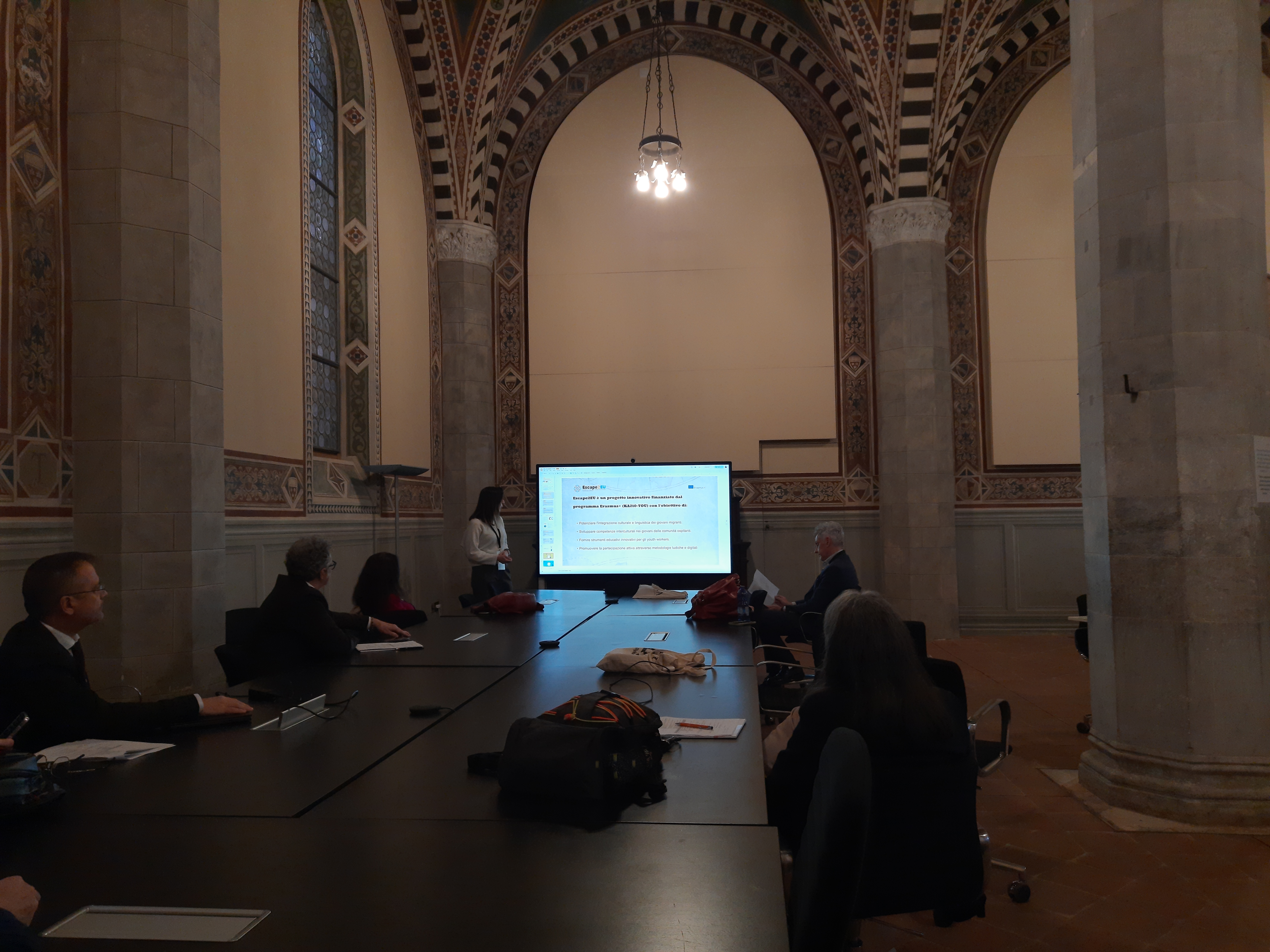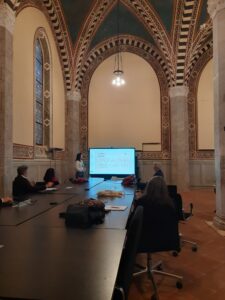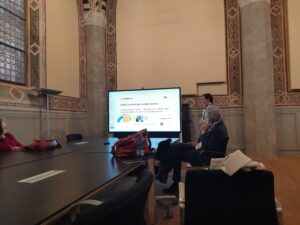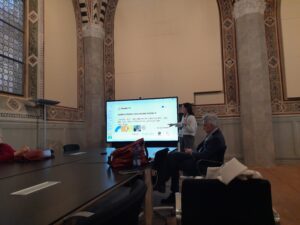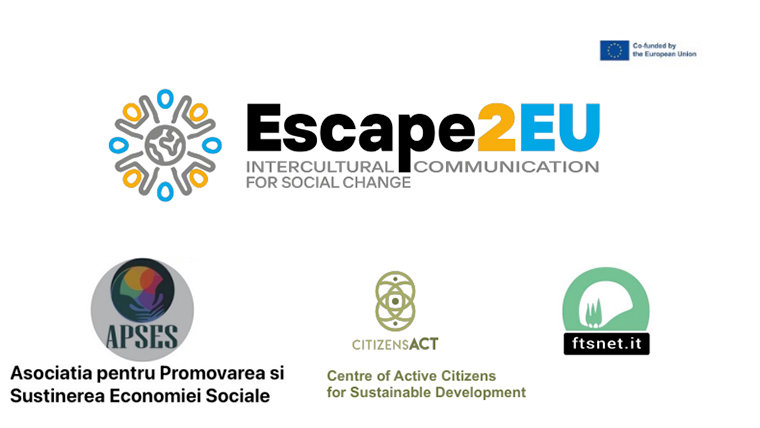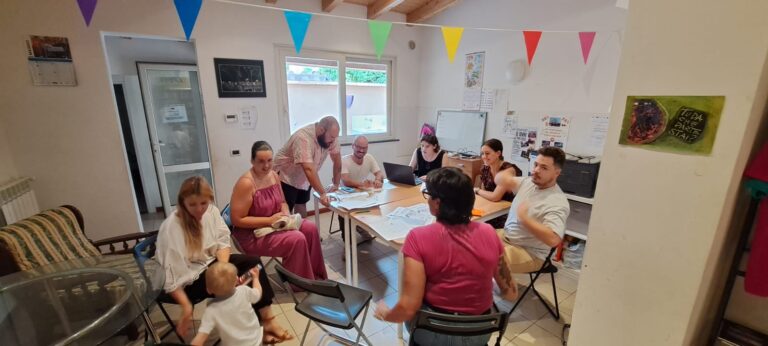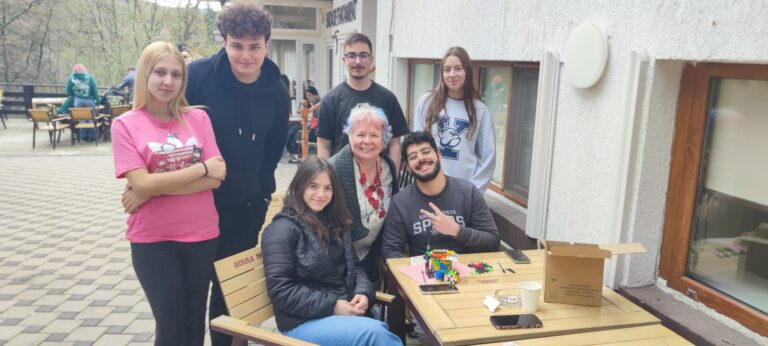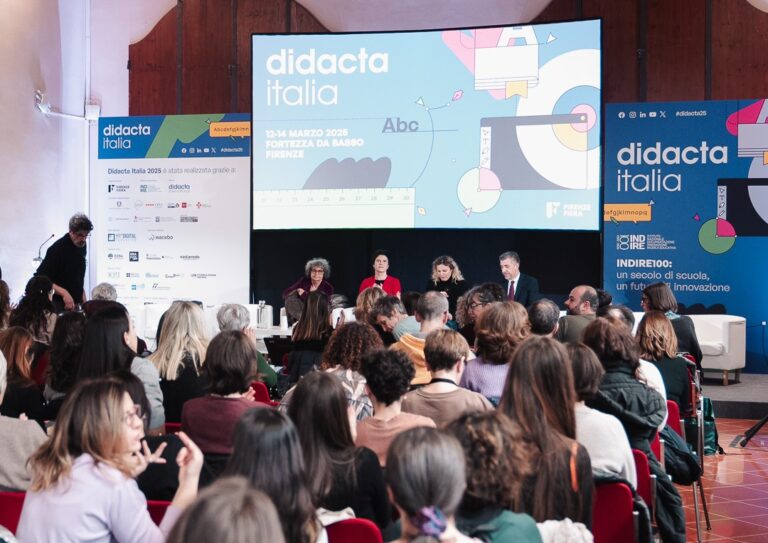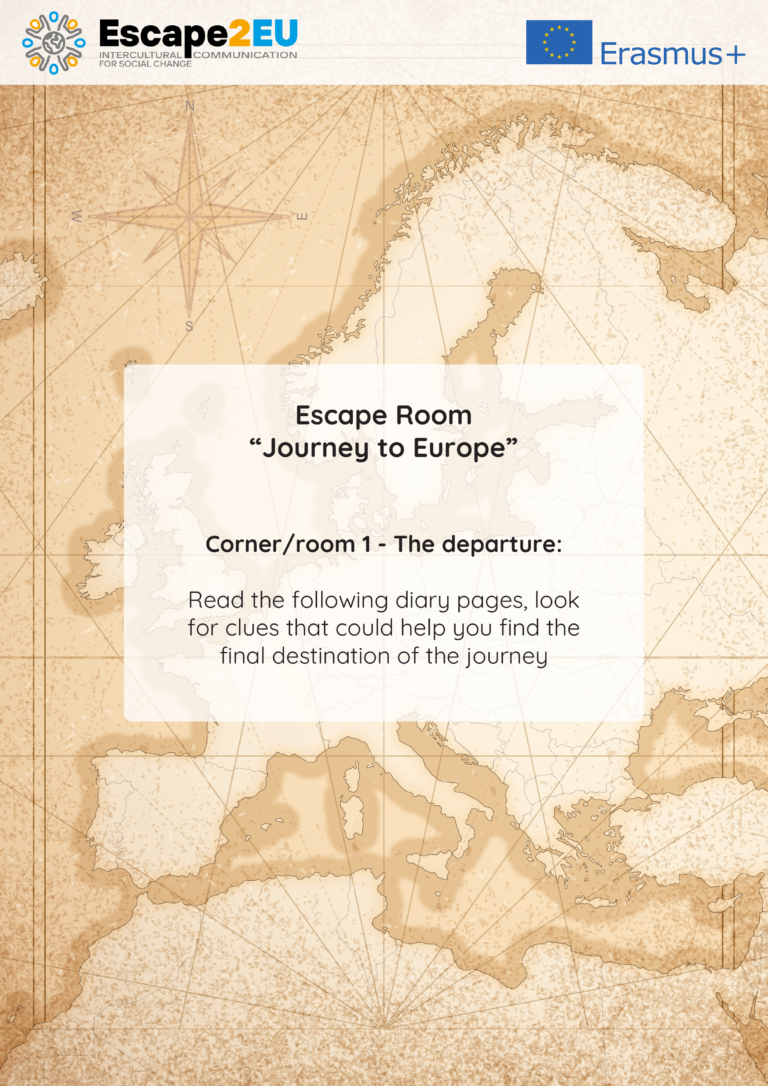On April 4, 2025, we participated in the Didamatica event, organised by AICA in Italy, a gathering focused on technological innovations applied to education, with an emphasis on artificial intelligence (AI). The event explored how technological tools are transforming the teaching-learning process, especially in adult education. During our participation, we had the opportunity to present one innovative project promoting education and European mobility, exploring the integration of technological tools, including AI, in learning. These project was Escape2EU.
Escape2EU: Exploring New Opportunities for Youth
Escape2EU is an innovative project aimed at promoting mobility and intercultural learning among youth, using AI as a support in its activities. During the presentation, we discussed how the project facilitates immersive learning experiences through digital technologies, offering participants a unique opportunity to explore new cultures, develop new skills, and engage in interactive educational challenges. The integration of AI in Escape2EU activities allowed for personalized learning pathways, helping participants achieve their goals more efficiently and effectively.
Artificial Intelligence and Interactive Learning
AI has the potential to transform how youth learn, especially when combined with interactive learning methods like those offered by Escape2EU. However, it is important to remember that AI should be seen as a complementary tool to the educational process, not as a substitute for human interaction. Reflection on the benefits and challenges of AI was central to Escape2EU, enabling participants to develop a critical perspective on the role of technology in education.
The Future of AI in Youth Education
Participation in Didamatica 2025 was an excellent opportunity to reflect on the impact of AI in youth education. Through the presentations of Escape2EU, we were able to explore how technology, when used critically and reflectively, can support continuous learning and the development of essential skills. However, it was clear that AI, despite its promises, still has significant limitations, and human intervention remains crucial to ensure that adult education is effective, inclusive, and capable of addressing future challenges.
In conclusion, AI should be seen as a valuable tool, but one that needs to be integrated with care, always taking into account the needs and realities of learners and teachers. The experience at Didamatica 2025 reaffirms the importance of a balanced and critical approach to using technology in education, ensuring that it contributes to a more dynamic, adaptive, and human-centered learning process.
https://www.aicanet.it

